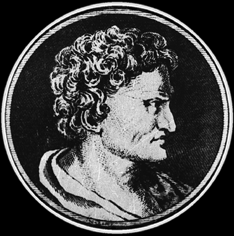Picture of Hipparchus
Corbis-Bettmann
Hipparchus
Hipparchus was a Greek astronomer who lived between 190-120 B.C. He created the first accurate star map and kept a catalogue of over 850 stars with their relative magnitudes.
The system of epicycles describing planetary motion was developed by Hipparchus, and helped preserve the geocentric model of the universe. His estimates of the moon's size and distance relative to Earth were also remarkably accurate for his time.
Hipparchus is considered the founder of trigonometry for his work with the lengths of chords traced out by angles in a circle. His table of chords was the forerunner to modern trig tables.
You might also be interested in:

What types of instructional experiences help K-8 students learn science with understanding? What do science educators teachers, teacher leaders, science specialists, professional development staff, curriculum designers, school administrators need to know to create and support such experiences?
...more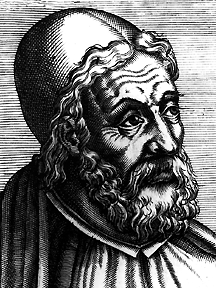
Ptolemy was a Greek astronomer who lived between 85-165 A.D. He put together his own ideas, those of Aristotle, and Hipparchus' system of epicycles and eccentric circles, to formulate the geocentric theory.
...more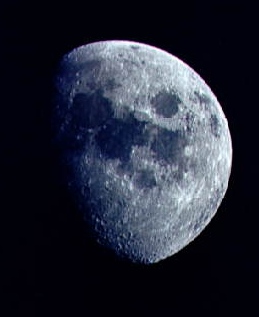
The Earth's one natural satellite, the Moon, is more than one quarter the size of Earth itself (3,474 km diameter), making the Earth-Moon system virtually a double-planet. Because of its smaller size,
...more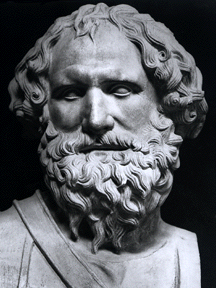
Archimedes was a Greek mathematician and engineer who lived between 287-212 B.C. His greatest contributions are in the field of geometry, where he identified the relationship of a sphere and cylinder's
...more
Aristotle was a Greek philosopher who lived between 384-322 B.C. He was one of the greatest thinkers of the world and his written works encompassed all major areas of thought: logic, science, metaphysics,
...more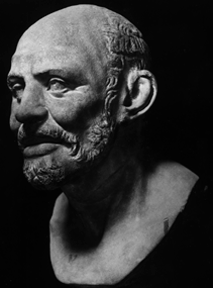
Democritus was a Greek philosopher who lived between 470-380 B.C. He developed the concept of the 'atom', Greek for 'indivisible'. Democritus believed that everything in the universe was composed of atoms,
...more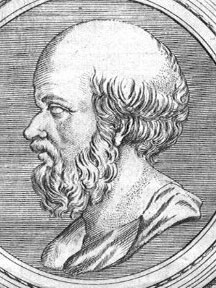
Eratosthenes was an ancient Greek astronomer, geographer, and mathematician. He lived from 276 to 194 B.C. Eratosthenes is most famous for making the first accurate measurement of the circumference of
...more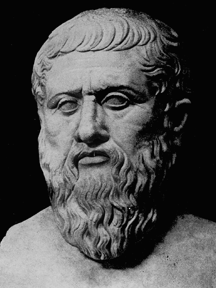
Plato was a Greek philosopher who lived between 427-327 B.C. In 387 B.C., he founded the Academy in Athens, a school which flourished for about 1,000 years and made many important scientific and mathematic
...more
